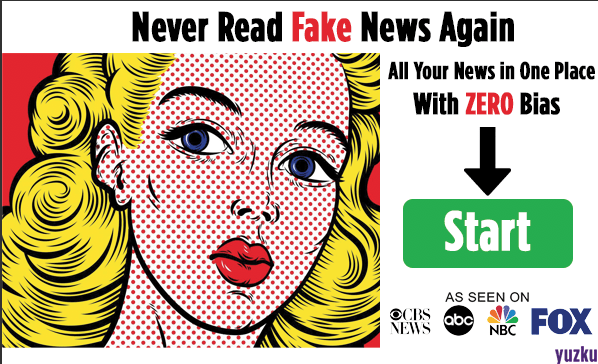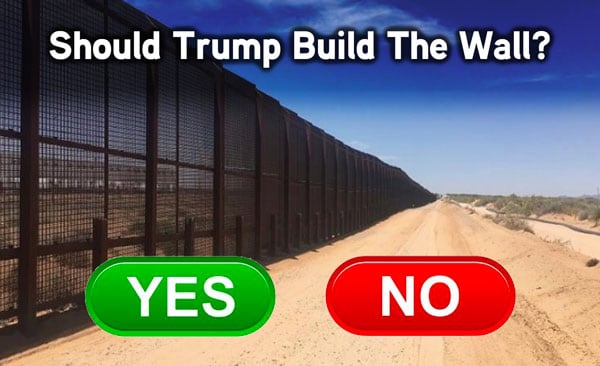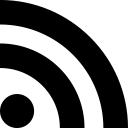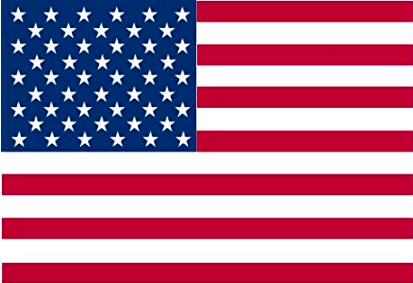The Drug Race: Pharmaceutical Company Says COVID-19 Vaccine May be Available By Fall
On Tuesday, New York drug manufacturing giant Pfizer announced that a new coronavirus vaccine might be available for emergency use by fall.
In a statement from the Wall Street Journal, Pfizer Chief Executive Albert Bourla claimed that the current pandemic had pushed pharmaceutical companies to create a vaccine. “This is a crisis right now, and a solution is desperately needed by all,” Boula said. According to the report, Pfizer had partnered up with German-based start-up, Biotech to create a vaccine, and that results are promising.
In fact, the pharmaceutical company had already conducted human testing in Germany. Bourla claimed that if US health officials immediately provide a green light, human testing in the country might begin as early as next week. If the outcomes remain positive, experts believe that they might be able to deliver the drug in the next month and have it ready for distribution by fall.
The pharmaceutical company had already invested $650 million to develop the vaccine, as Bourla recognized that the demand is “extremely high.”
This came as good news after a promising arthritis drug failed clinical trial. The drug, called Kevzara, was manufactured by Regeneron and Sanofi. Initially, what made the drug different is that it did not target the COVID-19 virus itself, rather it inhibited the abnormal response called “cytokine storm” which causes lung inflammation in critically ill patients.
Despite the disappointing results, Sanofi still awaits Phase 3 of the testing period to gather more information about the virus.
While the good news of a possible vaccine might soon be rolled out, China continues its race to develop its very own vaccine. In a statement from Chinese media CGTN, Dr. Gao Fu, a prominent virologist and head of China’s Centre for Disease Control, also claimed that the country might also be able to deliver a vaccine by fall, although it will only be limited for “emergency use” and will be initially given to health workers.
Currently, China’s Joint Prevention and Control Mechanism of the State Council had already approved two COVID-19 vaccine candidates for clinical testing, the adenovirus-based recombinant vaccine, and the inactivated vaccine.
Meanwhile, the United Kingdom Oxford researchers claimed that they might, too, have a market-ready vaccine by fall. Experts explained that in clinical testing, six rhesus macaque monkeys were injected with the COVID-19 virus. After four weeks, all six monkeys were infection-free and showed no signs of the disease.
As of the moment, Oxford has now enrolled more than 600 participants in a trial to test the safety and effectiveness of the vaccine. If the tests yield good outcomes, researchers claimed that they could readily make vaccines in “millions of doses.”
Statistically speaking, in a 2013 study by PLOS ONE, the chances of creating a successful vaccine remain a meager 6%.



 RSS
RSS
